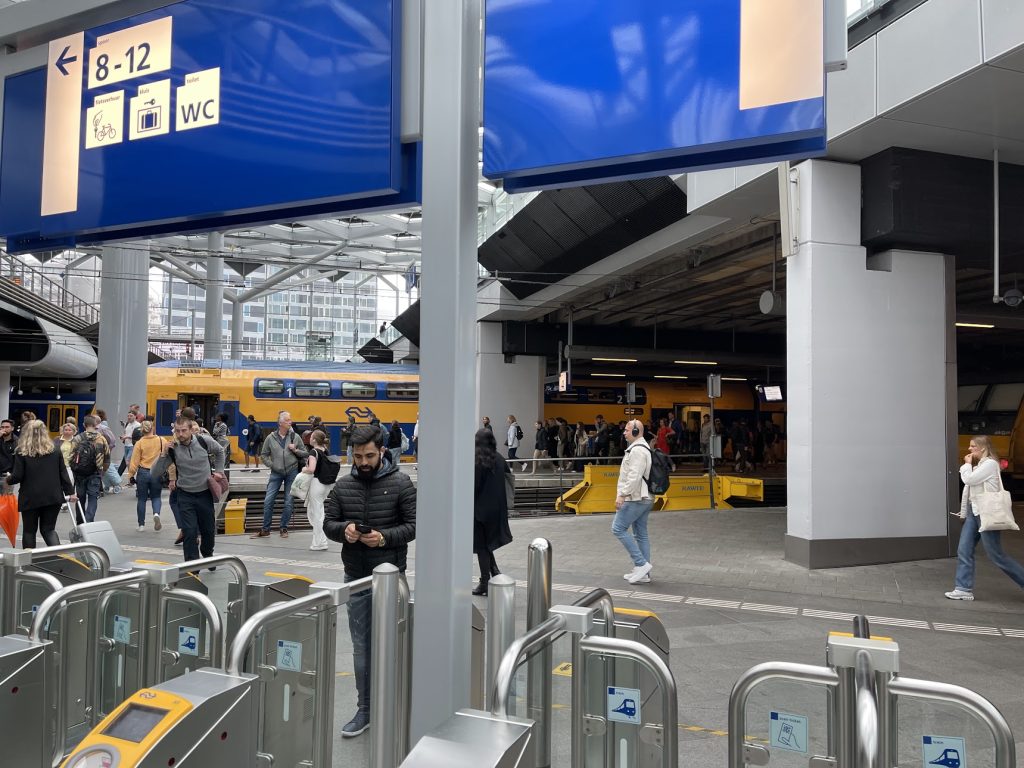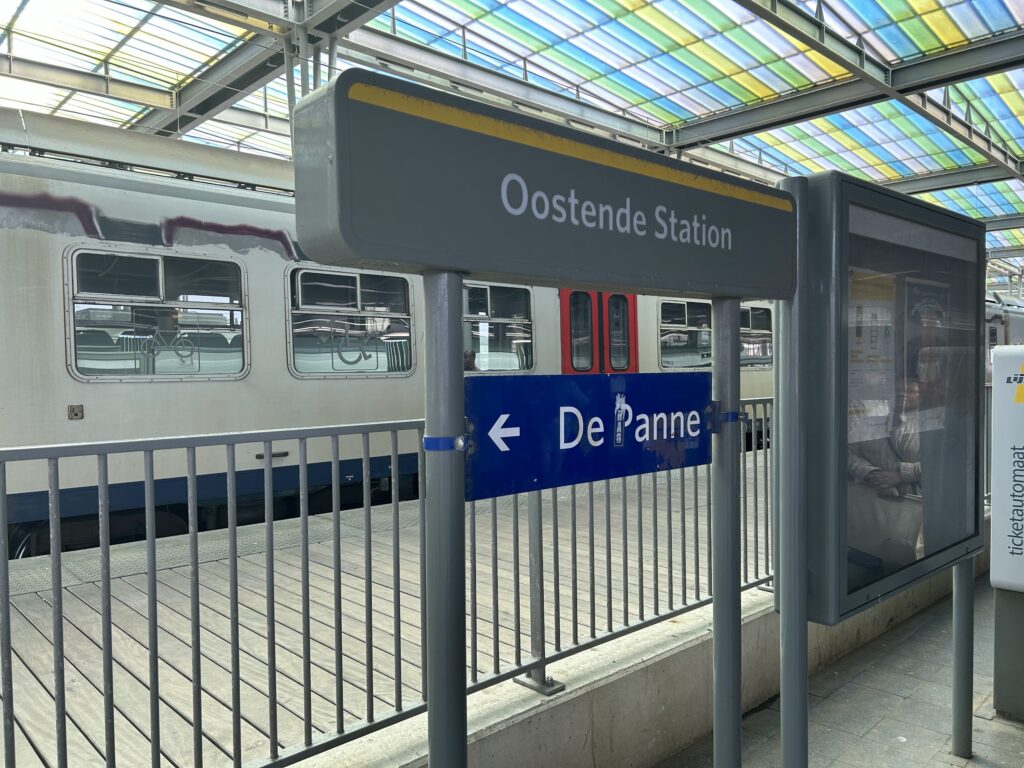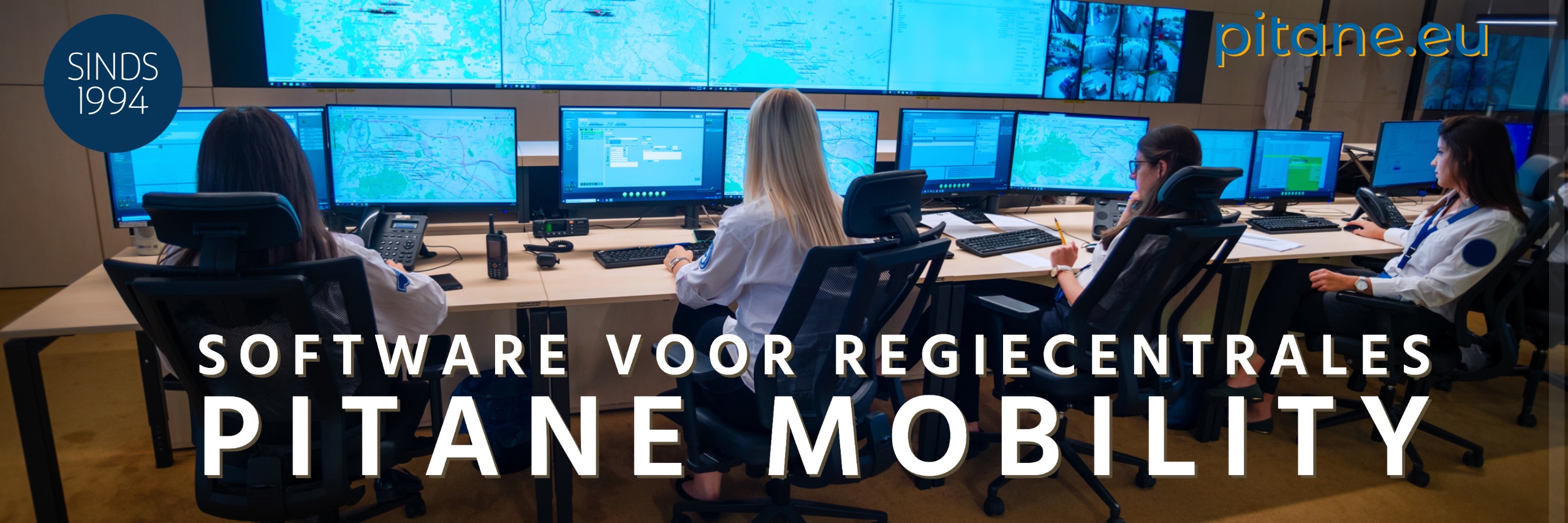In the Netherlands, the NS wants to raise prices during rush hour, while the service is far from optimal.
It's one of the universal truths of modern city life: during rush hour, everything gets busier and more expensive. Uber has known the principle for years with its peak hours. Now the Dutch Railways (NS) wants to go in the same direction by asking higher rates from travelers during rush hour.
Rover, the travelers association, is not pleased with the new plan. A distinction already exists between peak hour and off-peak rates, and this proposal threatens to make rush hour even more expensive. NS CEO Wouter Koolmees has indicated in an interview with de Volkskrant that peak-hour tickets may have to become tens of percent more expensive. “It is getting too crowded”, was his statement about the situation.
In theory, more expensive rush hour tickets and cheaper off-peak tickets could change people's travel behaviour. This can lead to more spread over the day. But the question remains whether travelers actually have that flexibility. If the House of Representatives agrees to the proposal, prices could rise by as much as 2024% from 7.
The easiest way to avoid the rush hour rush is simply not to travel in it. The morning rush hour usually falls between 07.00:09.00 and 16.00:19.00 and the evening rush hour between XNUMX:XNUMX and XNUMX:XNUMX. However, for many, that's not an option given work and school schedules.

Where Uber has been raising prices during peak hours for years, the Dutch Railways (NS) now wants to use a similar tactic. However, while prices are skyrocketing, the service quality of NS seems to be declining.
At the same time, there are complaints about the Dutch Railways, which uses shorter trains and therefore offers less service. The official position is that there is a shortage of personnel. Strangely enough, the NS has recently purchased single-floor trains instead of the more spacious double-deckers.
negotiations
In addition, the NS loses its monopoly on international destinations such as London, Paris and Berlin. However, something will come in return. The cabinet has agreed to the introduction of a rush-hour charge from 2025. This follows negotiations on the new main rail network concession that expires in 2025 and will be extended until 2033. This spring, NS, Arriva, Qbuzz and FlixTrain indicated their interest in international train connections. ProRail, the rail network manager, will decide which provider gets which route.

In Belgium, on the other hand, punctuality is the thorny issue. For the tenth consecutive month, the NMBS has not achieved the predetermined punctuality target of nine out of ten punctual trains. In fact, in the first half of 2023, only 87,6% of Belgian trains were on time. This is almost the lowest figure in a decade.
Time will tell whether raising rush-hour prices has the desired effect on the distribution of travellers, or whether it simply leads to more passenger dissatisfaction. While the Dutch Railways (NS) is considering raising fares during rush hours without improving service, the Belgian railway company NMBS is facing similar criticism. The punctuality of trains in Belgium is a matter of concern, and therefore also in Ghent stations.
A striking one critic of the NMBS, Filip Watteeuw, the Ghent Alderman, is responsible for mobility policy and taxi services. Although he has contributed to the popularity of the bicycle in Ghent in recent years and supported innovative sustainable initiatives, he is quick to express his displeasure when things go wrong at the NMBS. His criticism focuses on the increasing delays, misleading information for travelers, ignored connection questions and trains that leave too early.
Both NS and NMBS are facing challenges. While the NS must focus on the quality of its service, the NMBS must urgently focus on punctuality and communication with its passengers. What both companies have in common is the urgent need to listen to their customers and deliver higher quality services.
Wouter Koolmees
“Over the entire day, the occupancy is less than 30 percent. So we move warm air for large parts of the day.” says CEO Wouter Koolmees to de Volkskrant. Wouter Koolmees (photo) will be the new president of NS as of 1 November 2022. He was appointed by the shareholder, the Minister of Finance, on the recommendation of the Supervisory Board. Wouter Koolmees succeeded Marjan Rintel, who left for KLM on 1 July last year. The appointment is for a period of four years.



